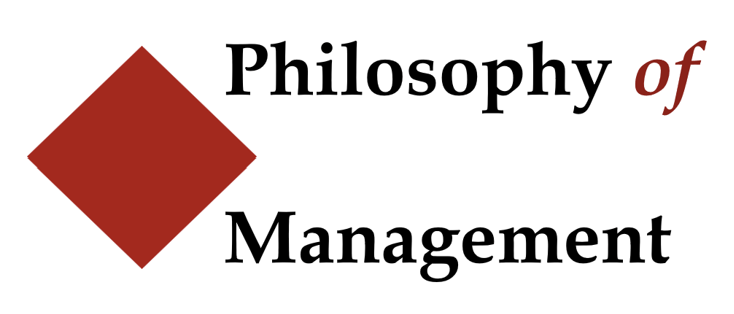General track
GENERAL TRACK
We welcome submissions that explore the diverse facets of management in private or public organizations through a philosophical lens. Whether it’s applied ethics, social, moral, and political philosophy, ontology, epistemology, axiology, or aesthetics, we encourage scholars to propose novel, critical, timely, and/or controversial arguments. Submissions can also adopt a ‘meta-’ standpoint for raising and answering questions such as: What is philosophy of management? Is philosophy useful for managers? Is management a science or an art? Can management be part of the humanities and, if not, what else should it be part of?
The conference seeks to bring together philosophers, management scholars, social scientists, and practitioners interested in deepening the dialogue between philosophy and the practice of management. We invite contributions that challenge prevailing assumptions, interrogate contemporary practices, or open new directions for thinking about management as a human, social, and institutional endeavor.
Possible themes include (but are not limited to):
Ethics, Responsibility, and Justice
- Ethical dilemmas in organizational life and decision-making
- Philosophical approaches to responsibility, integrity, and justice in business
- Ethical leadership, hubris, and humility in organizational life
- Corruption, wrongdoing, and moral challenges in management practice
- Business ethics in contexts of sustainability, climate change, and human rights
- Theories of distributive justice and fairness in organizations
- Modern slavery, whistleblowing, and the ethics of accountability
Philosophy of Technology Innovation and AI
- Artificial intelligence and its implications for management and leadership
- Human–AI collaboration, responsibility, and dignity at work
- AI, emancipation, and autonomy: opportunities and risks
- Complexity and algorithmic governance in organizational contexts
- Technology, rationality, and the philosophical limits of decision-making
- Digital sustainability, surveillance capitalism, and responsible innovation
Leadership, Identity, and Meaning
- Philosophical perspectives on leadership as practice and responsibility
- Virtue ethics, character, and phronesis in leadership
- Transformational and servant leadership through philosophical lenses
- Self-actualization, authenticity, and personal development in organizational life
- Emotions, humility, and the moral logic of leadership
- Phenomenology of trust, care, and flourishing in leadership and organizations
Ontology, Epistemology, and Hermeneutics
- Ontological questions about organizations, institutions, and leadership
- Ontological concepts of value in management theory and practice
- Relational ontology and systems thinking in organizations
- Epistemologies of the South and alternative ways of knowing in management
- Hermeneutics, narrative, and the linguistic turn in organizational analysis
- Temporality, time, and the ontology of organizational change
- The epistemic responsibilities of organizations and managers
Work, Labor, and Human Experience
- The philosophy of work and the human condition under managerial systems
- Performativity, productivity, and the meaning of labor
- Digital estrangement, automation, and the future of work
- Phenomenological perspectives on organizational life
- Embodiment, subjectivity, and lived experience in workplaces
- Education and the moral obligations of business schools
Axiology and Aesthetics in Management
- The role of values (axiology) in organizational purpose and practices
- Aesthetics in management: creativity, imagination, and organizational design
- Philosophy of value creation and its social implications
- Management as art: aesthetics of leadership and organizational culture
Meta-Reflections on Philosophy of Management
- What is philosophy of management?
- The utility of philosophy for managers and organizations
- Is management a science, an art, or a practice in the humanities?
- The boundaries and legitimacy of the philosophy of management as a field
|


